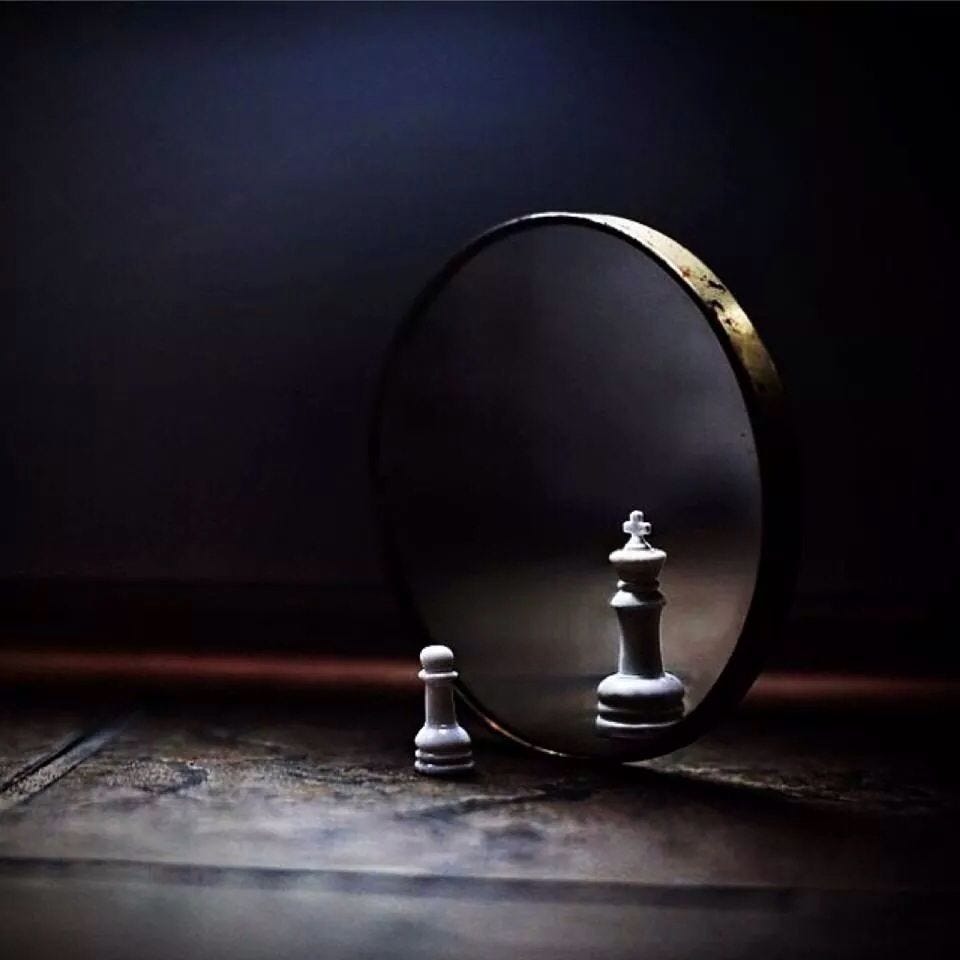How to Play the Game of Life
Many of you partake in activities that have benefits outside the realm of what you’re participating in. Bodybuilding trains your consistency and discipline. Kickboxing trains your confidence. Chess trains your move-counting, pattern recognition, time-under-pressure efficiency, and memory. Yet, most of you do not apply these second order consequences to your life. How come? Is it because you are not actively aware of these “soft” skills you’ve developed. Is it because you’re used to being told what homework needs to be done? Or a list of things you must do? Do you not have a free spirit that flies above you wherever you go? A constant list of achievements and skills constantly hovering above your person like a game character’s stats? Figure that out, and understand you have lived many years. *Anything above 18 years is many years. To experience, to fuck, to love, to mess up, to get in fights, to make money, to lose money, to fuck, to fuck up, to love, to get heart broken, to fight depression, to experience.* So you don’t have any excuses for your unconscious efforts of not knowing your abilities. However, you are here for a reason. So I will reward you with what might possibly be a list of lifelong lessons you will carry on forever, and relay to your children. Today, you will read about chess, and more importantly, how chess specifically relates to life. I’ve seen many people try and draw comparisons, but they’re always shit and empty. Void of true purpose and spirit. Not doing this beautiful game of life justice, probably because they’re shit at chess and/or life. So, I will do the honors of giving you the scoop on how certain chess pieces and principles relate to life, and how you can leverage it to kickstart your year like a King would.


